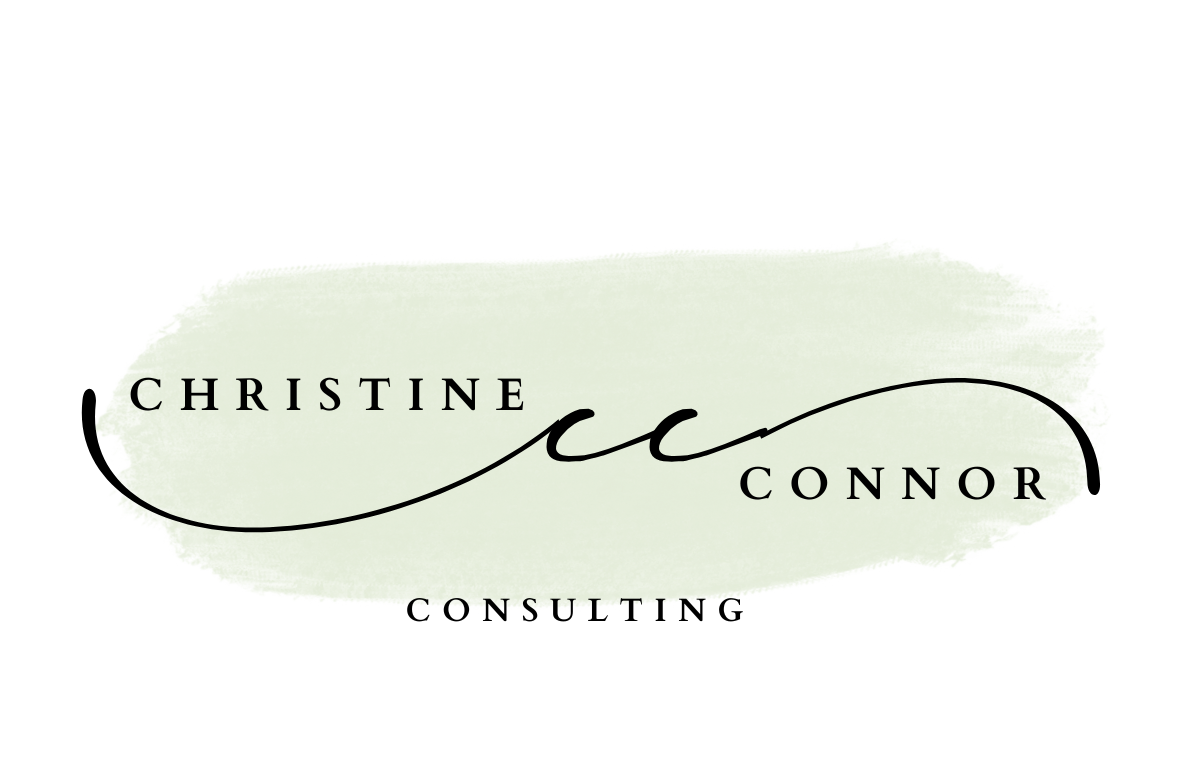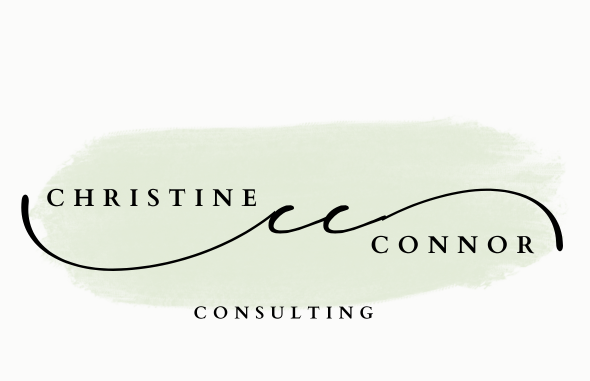Let’s Take a Closer Look at Recruitment and Talent Acquisition Innovation is a term thrown around a lot in HR and talent acquisition. We talk about game-changing technologies, data-driven insights, and the evolution of recruitment practices. But are we truly innovating, or are we just making surface-level changes that don’t fundamentally improve the experience for candidates? Then vs. Now: How Recruitment Has Evolved When I first started recruiting, job ads were placed in newspapers. The rise of the internet quickly shifted hiring efforts to online job boards, followed by the introduction of company career pages. Today, technology plays an even bigger role—Applicant Tracking Systems (ATS) streamline candidate management, social media expands talent reach, and LinkedIn has diminished the exclusive databases once held by recruitment agencies. Video interviewing has been touted as another major advancement, along with improved hiring analytics that provide better insights into candidate behavior and talent acquisition effectiveness.…
In today’s corporate world, diversity, equity, and inclusion (DEI) have become trendy buzzwords that organizations love to showcase. From bold mission statements to well-polished recruitment campaigns, companies proudly declare their commitment to building inclusive workplaces. However, when we look past the surface, a different reality emerges—one where DEI in talent acquisition remains more performative than practical. Many organizations fall into the trap of tokenism over true inclusion, potentially hiring a few individuals from diverse backgrounds to check a box rather than implementing meaningful change. Despite advancements in technology and training, unconscious bias continues to plague recruitment processes and one topic I want to address today is the ignored need of neurodivergent candidates, which, in my humble opinion is a glaring example of the failure in DEI hiring practices is how organizations handle candidates with neurodivergent conditions. Take the recent experience of a personal connection who has dyspraxia, a condition that…
Is Recent Experience Essential for Recruitment Success? The concept of recent experience plays a significant role in recruitment decisions, but how crucial is it, really? Employers often prioritize candidates with recent and relevant experience, assuming that their skills are up to date and immediately applicable. However, this approach can sometimes overlook the value of transferable skills, continuous learning, and personal development during career breaks. Defining Recency in the Hiring Process Recency is typically measured by the number of years since an individual last acquired job-relevant training or experience. Some industries, such as medicine, technology, and engineering, evolve rapidly, making recent experience highly relevant. However, in other professions, skills and knowledge can remain valid for extended periods with minimal degradation. If recency is an employer’s selection criteria it is important to ensure it is justified and directly linked to job performance. This means consideration should be given to how a lack…
Very early on in my career I learnt the importance of organisational alignment. What is organisational alignment I hear you say? By dictionary definition, an organisation is a group of people with a particular purpose and, alignment is a position of agreement. So in very simplistic terms, organisational alignment is a group of people who have a common purpose and shared beliefs. A beautiful example of organisational alignment in sport is a rowing team. The rowers must stroke a the same pace, ensuring they pull in the same depth of water. The team members all know the game plan for success, follow the lead of the coxswain (who’s role is to execute the race strategy and keep the boat on course), understand their role and rely on the skills, technique and commitment of their team members while the race is on. I want to challenge the current status quo by…
I’ve worked in retail for many years but that has largely been behind the scenes in the store support centres. Now that I’m working at the coalface and directly with customers, I ponder the question is the customer always right? Don’t get me wrong, I really enjoy the relationships we have with most off our customers but, like any retail business, there have been a couple of challenges. The philosophy that “the customer is always right” was first used by successful retailers such as Selfridges, unbelievably, in the early 1900s. However it was also pointed out as early as 1914 that this ideology doesn’t look to the other side of the equation and that is, customers can also be dishonest, have unrealistic expectations or merely rely on this age old adage to get what they want, regardless of terms and conditions and what they’ve signed onto as a consumer. One…






